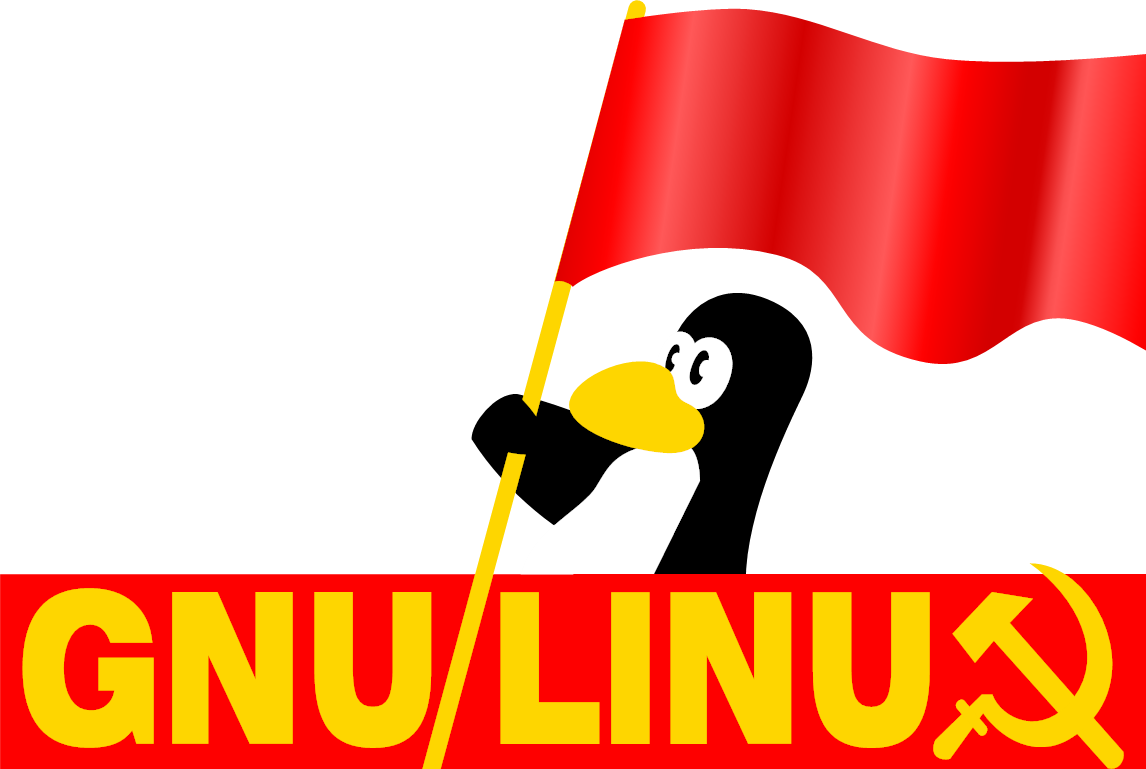Awesome. Seems that they've updated their logo and it is nice too.
Would be very cool if FreeCAD and LibreCAD became much more mainstream
A comm dedicated to the fight for free software with an anti-capitalist perspective.
The struggle for libre computing cannot be disentangled from other forms of socialist reform. One must be willing to reject proprietary software as fiercely as they would reject capitalism. Luckily, we are not alone.

$CURRENT_YEAR, take Linux Mint for a spin. If you're ready to take the plunge, flock to Fedora! If you're a computer hobbyist and love DIY, use Arch, NixOS or the many, many other offerings out there.Awesome. Seems that they've updated their logo and it is nice too.
Would be very cool if FreeCAD and LibreCAD became much more mainstream
Would be very cool if FreeCAD and LibreCAD became much more mainstream
IMO, it already has. Not world-domination status, but a great deal of progress has been made compared to 5/10 years ago, and growing. Largely driven by the introduction of affordable 3D printers. As the general problem of 3D modeling is increasingly solved, development of various processes in the Path workbench will likely drive increased small-scale industrial use, in a market which is currently dominated by LUDICROUSLY expensive packages like MasterCAM and Esprit.
In industry, its use is very marginal, but this is not necessarily a fault of FreeCAD. I know engineers who still use Pro/Engineer (even though we have seats available both in SolidWorks and Creo Parametric). People will use what they are familiar with. A lot of these people will never switch. Not to mention, any engineering work already done in one CAD system will likely be married to that CAD system for its entire product lifecycle. New CAD packages work their way in on the margins, either by providing a very niche / specific workflow where others fall short, or in solving problems the company isn't willing to pay a license for. FreeCAD adoption is going to be driven mainly by new blood entering into the industry, and this will only become apparent as new product lines are developed.
As a CNC programmer, I use FreeCAD professionally whenever I can get away with it. I get to practice using it at home, producing models for my 3D printer. I am very familiar with its geometric constraint solver, whereas it is always a fight when I need to use Creo for one reason or another (and I have scrapped large parts because of "soft constraint" shenanigans). For me, FreeCAD is usually the fastest, most reliable option.
But I am a niche. I am the only person in the shop who uses FreeCAD. I am also the only person in the shop who edits G-Code in Emacs. For the engineers working directly with clients, they need to use whatever CAD systems the clients provide models in. While STEP files are the industry standard compatible format, they lack important contextual information like tolerances (not that many commercial packages incorporate this, but models usually need to be adjusted to the tolerance mean before entering the CAM pipeline). For the work I do, modeling individual components, one-off fixtures, and gages, or even producing prints to send to the toolroom for manual machining, FreeCAD is in a pretty good place. I can export either IGES or STEP, import it in a CAM program, and create toolpaths. For work on complex assemblies, FreeCAD has only embraced an official assembly workflow with this release, and it remains to be seen how this goes. For CAM work, a lot of legwork has been done on 3 axis milling, but in practice there are many processes (4/5 axis milling, turning, swiss screw, grinding, sinker/wire edm, water jet, laser cutting/welding/engraving, FDM/Resin 3D printing, etc.) and many more CNC controllers out there (Fanuc, Mitsubishi, Haas, Citizen, GF, etc.) which need to be nailed down.